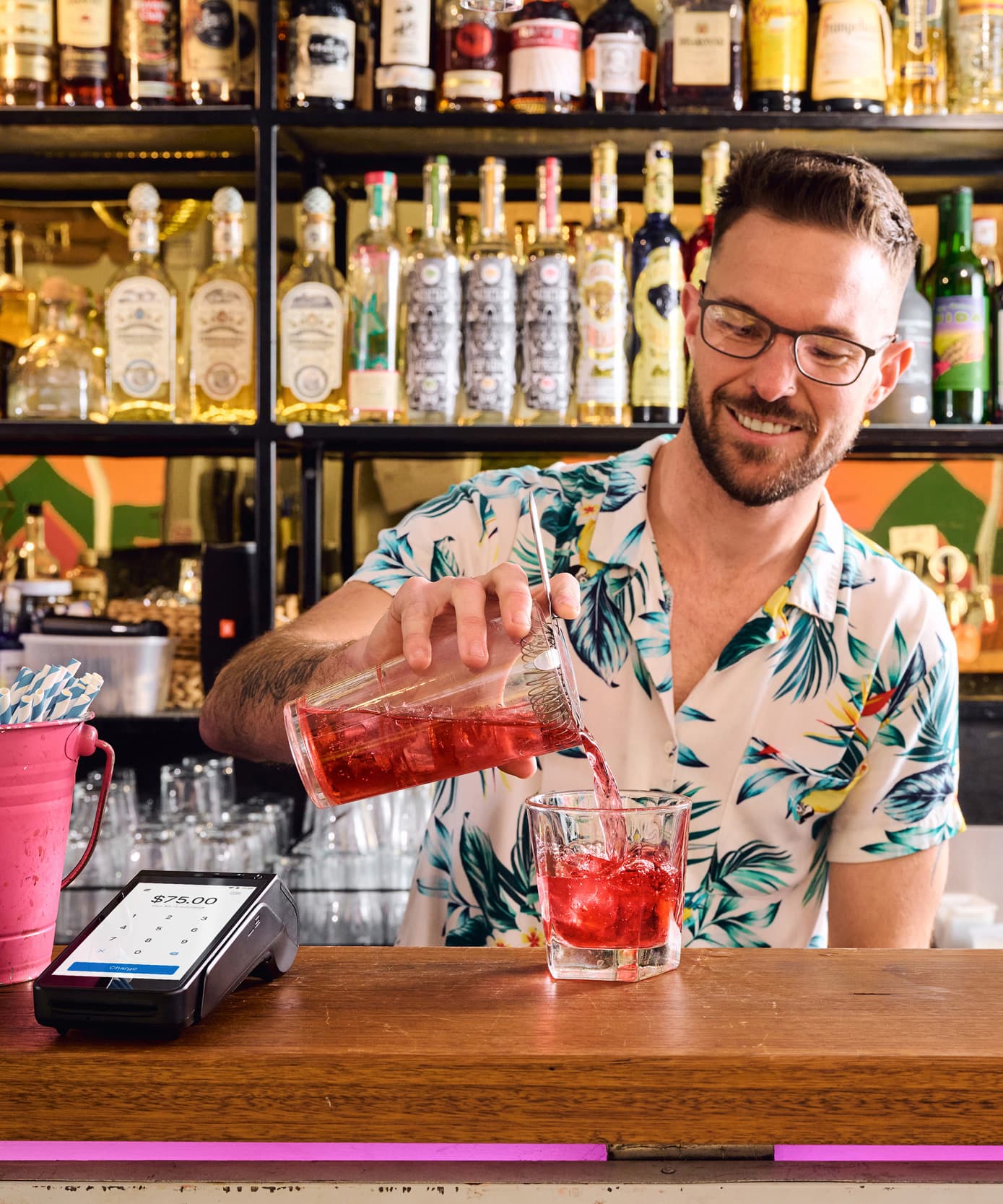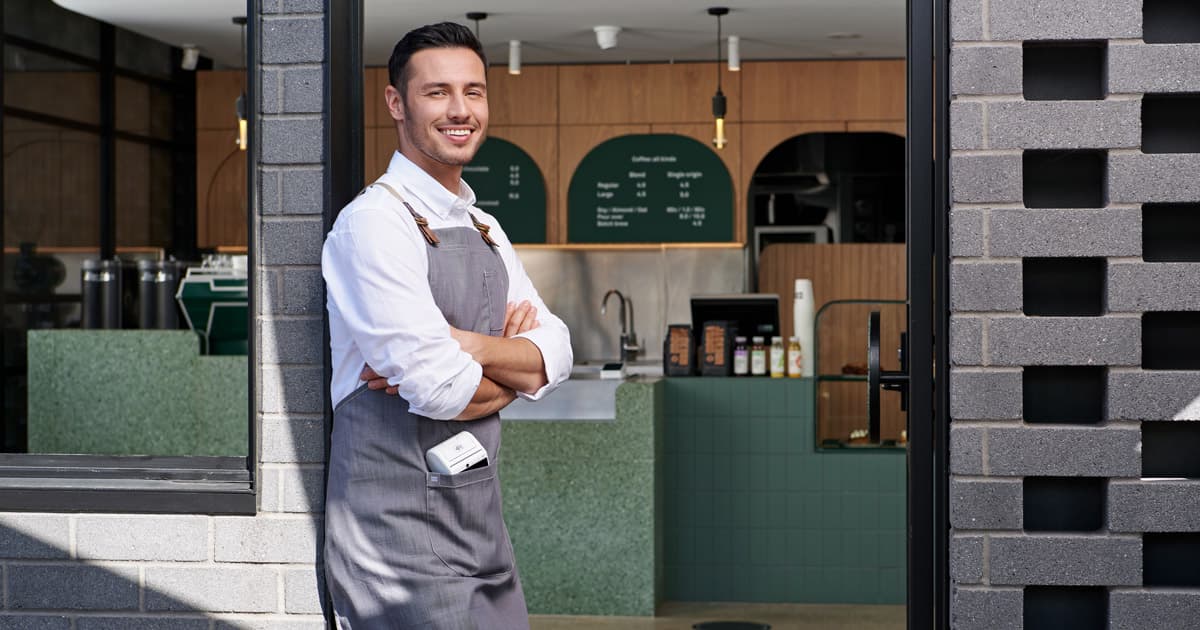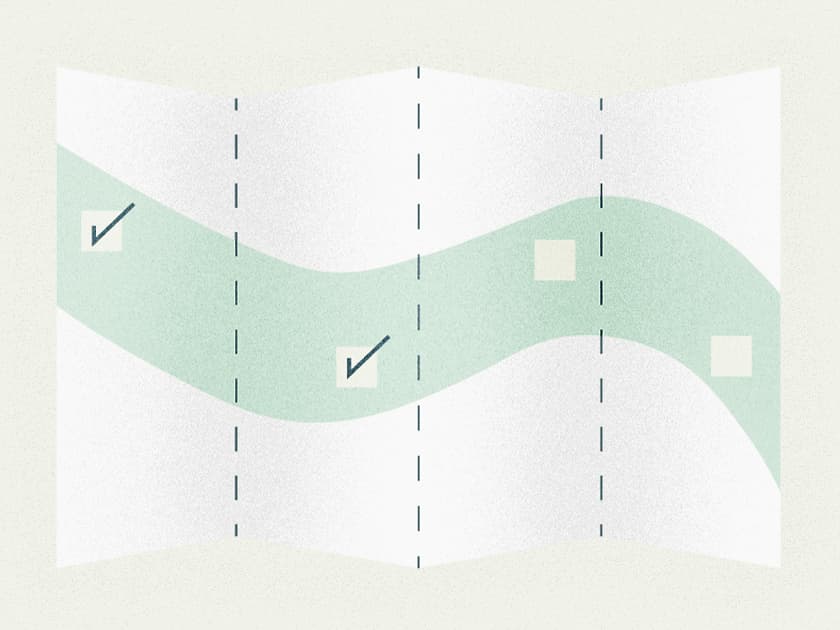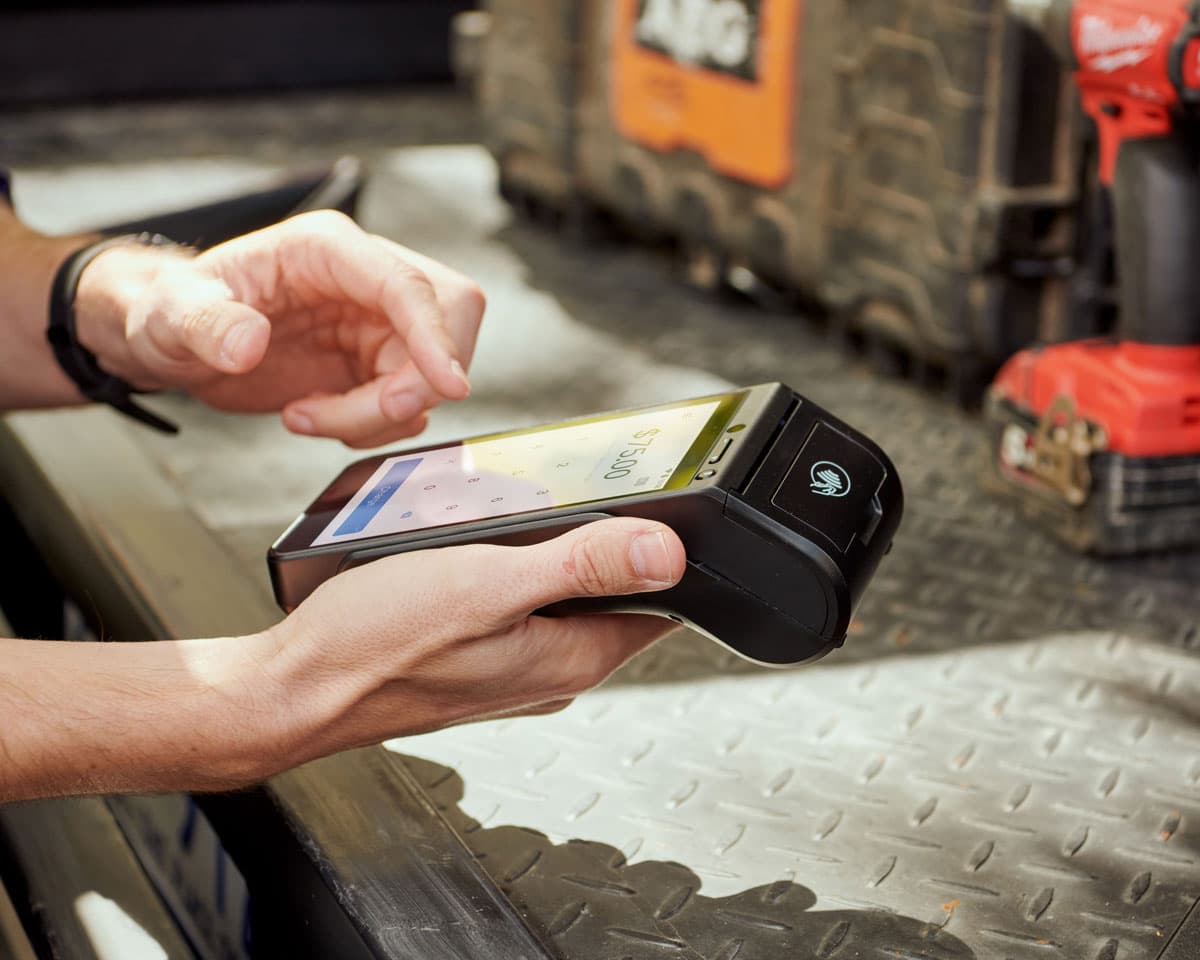
- Business Growth & Optimisation
Your Guide to Opening a Bar in Australia
Discover how to navigate bar licenses, choose alcohol suppliers, and more.
The Australian bar scene has changed significantly in recent years. Where large-scale pubs and mega-clubs once dominated the scene, small, individually-owned bars have quickly become the watering hole of choice for many. It’s an exciting industry to be a part of, with plenty of opportunity to create a social environment that is uniquely yours.
Opening a bar can be a very rewarding — and profitable — endeavour, especially if you enjoy working with people and creating a fun, welcoming social scene. Before opening the doors to patrons, it pays to take the time to carefully plan your bar-owning journey to ensure that the business is primed for success.
Whether it’s a cocktail bar, specialty pub, wine bar, or even a non-alcoholic bar you’re planning to run, this guide will help you lay the foundations for a booming business.
Checklist for opening a bar
Before opening the doors for business, there are a number of steps required to ensure that your bar can operate legally. Here’s a checklist of things to consider.
1. Check what licences and permits you will need
Each state has its own classification system for the types of licences you may need, so it’s important to first enquire with the liquor licensing body in your state to determine exactly what licences you'll require to operate your bar. The type may vary depending on the nature of the business, such as opening and closing times, so you should familiarise yourself with the different licences and their costs in the early stages of planning.
Other licences and permits required may include a food service licence, a music licence, a gaming licence for any gaming machines on site, and any building and planning permits for renovations.
Most licences will need to be renewed yearly, so it’s worthwhile considering your ongoing costs in advance. Discover more about the different types of licences you might need below.
2. Find the right location
The visibility of your venue from the street and its ease of accessibility will be two important determining factors in the success of your venture. Do your homework before signing the lease, so that there are no surprises down the road.
How will patrons get there, and is there enough parking or public transport to accommodate numbers? Check out the competition — are there other bars nearby? What about other restaurants, or hospitality venues? Will the landlord allow renovations to the premises?
It’s also important to research zoning laws in the area, as some local councils may have restrictions on liquor licensing in certain suburbs. Noise is another important consideration. Give some thought to your potential neighbours — if neighbouring buildings are residential residences rather than business residences, your ability to operate into the early hours of the morning may be impacted.
3. Prepare a business plan
A business plan is your roadmap for success, so spend some time documenting the steps to achieving your short and long term goals. It should also include your budget, forecasts and expectations for growth.
For guidance on preparing a business plan, read How to Write a Business Plan: A Step-by-Step Guide.
4. Choose an alcohol supplier
Selecting alcohol brands that are aligned with your vision is an important step. The purchase of alcohol will be an expensive initial outlay, so it’s critical to get it right.
Opening a successful specialty gin bar, for example, will require a range of unusual and diverse craft gins as well as fan favourites. On the other hand, a country pub requires a menu of local wines, beers and ciders, so you’ll need to find suitable local producers.
When sourcing a liquor supplier, don’t just consider their range. Take the time to evaluate their payment and delivery terms, as well as the minimum order quantities, to avoid locking up too much start-up capital in inventory.
5. Hire the right staff
Creating the right vibe behind the bar is just as important as having the right drinks list. If you don’t have the necessary experience to mix drinks, or navigate your way through a wine list, it could be time to bring in some professionals.
Whether it's a mixologist with an extensive cocktail repertoire, or a sommelier who knows their Pinot Gris from Verdelho, their expertise will become a vital ingredient in the success of your bar. Start on the right foot by conducting staff training before launching to ensure that everyone meets professional standards. Hiring the right skills is critical, but don’t discount finding the right cultural fit for your business — skills can be learned, but attitude is much harder to teach.
The cost of opening a bar in Australia
Opening a bar comes with expenses, both upfront and ongoing, so preparing a start-up and operating budget from the outset is strongly recommended.
Establishment costs can vary, but you can plan for the following set-up expenses:
Cost of any licences or permits
Renovation costs
Seating and tables
Glassware
Equipment such as blenders, fridges, dishwashers
Technology such as registers, ordering and payment systems, security systems
Staff uniforms
Start-up inventory
Ongoing expenses will include:
Rent
Utilities such as water, gas and electricity
Insurances
Staff salaries/payroll
Marketing
Restocking inventory
Once all the costs have been added up, take the time to review them and identify where savings can be made. Can you negotiate a better deal with a supplier? Is it possible to purchase second hand equipment? What measures are in place to reduce wastage or breakages?
Set aside time to regularly review costs, and make sure that the business is running as efficiently as possible. If it isn’t, you might consider streamlining your drinks menu to focus on bestsellers, or eliminating less popular cocktails that use expensive ingredients to ensure that you’re not carrying more inventory than necessary.
Getting your paperwork in order
Liquor Licence
Serving of alcohol is regulated in Australia, and requires bar owners to obtain a liquor licence for their venue. Liquor licensing requirements differ from state to state. The type of licence you require may also vary, depending on the type of bar, operating hours, if alcohol is being consumed on the premises or being purchased for takeaway, and if food service is also included.
Bar staff should also hold appropriate certifications for the responsible handling and serving of liquor.
Business Licence
Business licences are managed at a council level, and may differ depending on the local municipality. Obtaining a business licence often requires the following documentation:
Compliance certificate
This document states that the existing or proposed use of the premises complies with council planning requirements at the date of the certificate.Zoning certificate
This document lays out any requirements or restrictions that may impact how a property is used. The premises should be suitably zoned for running a bar.Occupation certificate
Any renovations to the venue may require evidence that it is safe for occupation.Fire safety certificate
This confirms that the fire safety measures that apply to the building meet the minimum safety standard.Construction certificate
Prior to construction works, this certificate confirms that the construction plans and specifications are consistent with and comply with the Building Code and any other council requirements.
Food Licence
Bars that offer food service also need to register as a food business. This is usually managed at a council level, and will require an inspector to visit the venue to ensure that the food preparation area meets regulation. Staff will also need to undertake food handling training to meet food safety rules.
Insuring your bar
Insurance provides a level of protection in the event of an accident or mishap while running your bar. There are a number of insurance options to consider, including:
building insurance
contents insurance
public liability insurance
theft cover
workers compensation insurance
income protection insurance
Take some time to speak with a professional about the right type and level of insurance for your business.
Rules and regulations to enforce
The terms of your liquor licence will require the enforcement of rules and regulations to ensure that your bar is operating lawfully. Exactly which rules and regulations you’ll need to enforce will depend on your particular licence, however the most common are:
Serving alcohol to minors
In Australia it is illegal to serve alcohol to anyone under the age of 18. Penalties may differ from state to state.
Your staff will be obligated to refuse service to patrons under the legal drinking age.Smoking
In most states, smoking is prohibited in enclosed bars and restaurants. Bars owners should provide adequate signage to patrons of designated smoking areas, if any.Lockout laws
In some states, bar owners must adhere to lock out laws that impose curfews on serving alcohol past a certain time.Security
Maintaining adequate security is important, especially if the bar has the capacity to hold large crowds. Hiring appropriately trained security is a must. Security staff may be required to hold a security or crowd control licence — it’s important to check the laws in your local state for necessary requirements.CCTV
State regulations may require the installation of CCTV as a requirement of issuing a venue licence. Minimum standards for the quality and storage of footage may apply, and owners are responsible for maintaining the surveillance system as part of their licence.**Staff training
**Bar staff will need to undergo Responsible Service of Alcohol training to ensure that they are familiar with the requirements of handling and serving liquor.
Streamlining the payment experience
Make a night at your wine bar more enjoyable by streamlining service, and facilitating speedy payments with a reliable point of sale (POS) system. With the right set-up, customers should have the option to start a bar tab, requiring only one payment transaction at the end of the night. A POS also allows inventory tracking, ensuring that popular drinks never run out and reducing your outlay on slow-moving ingredients.
The POS you choose should also integrate with your payment processor, allowing patrons to pay using a variety of card and mobile payments. Zeller’s EFTPOS system makes it easy to accept payments from patrons, and even has the ability to discreetly prompt for tips during the payment flow. To find out more about how to maximise tips at your bar, check out our guide on Tipping in Australia: How to Prompt for Maximum Tips.
Opening a bar can be both exhilarating and nerve wracking, yet with some careful planning, your dream to become a bar owner can become a reality. With the right set-up from the beginning, you’ll bypass some of the common mistakes made by business owners and be on the right track to making your bar one of the hottest venues in town.


